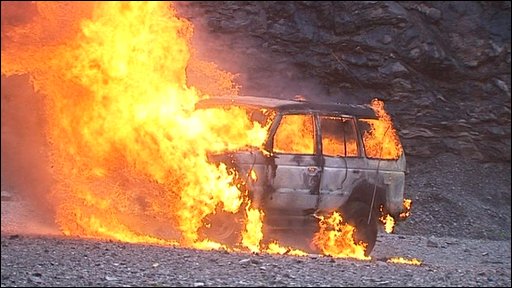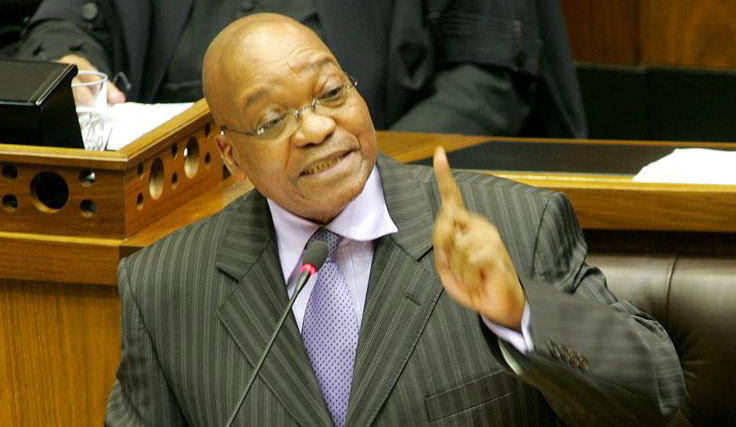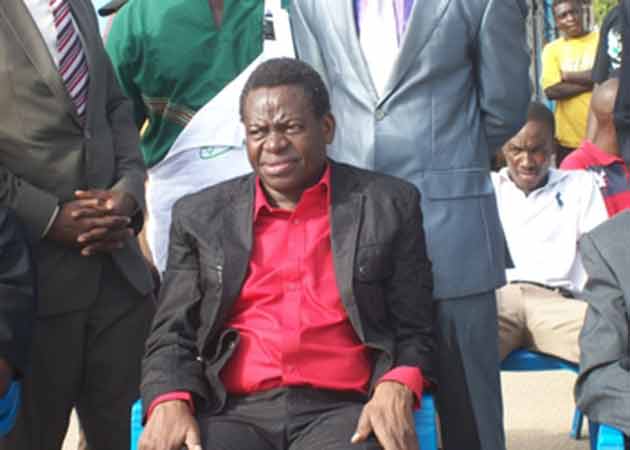‘Smell of death thick’ in Gaza air

Residents and journalists venturing out in the Gaza Strip during the early hours of a shaky ceasefire spoke of dozens of decomposing bodies still under rubble caused by Israeli bombardment of the Palestinian enclave. A short lull of fighting, before after a 72-hour ceasefire agreed by Israel and Hamas collapsed, gave a brief respite to people in the battered strip after more than three weeks of fighting that has killed more than 1,400 Palestinians, mostly civilians.
Residents of the flashpoint district of Shujayea, east of Gaza City, were distraught as they returned to the neighbourhood shortly after the ceasefire began. Many found their homes completely flattened by recent violence.
Al Jazeera’s Imtiaz Tyab, reporting from Shujayea, said the destruction was “indescribable”.
“I’ve covered earthquakes, I’ve covered natural disasters, but I’ve never seen devastation like this . . . The smell of death is thick in the air”, he said.
The densely populated district of Shujayea came under a heavy Israeli assault on July 20 that left scores dead. Since then, it has been largely abandoned.
The situation in Beit Hanoun in Gaza’s north-east was as grim, with rubble covering most of the city’s streets. At least 10 buildings had been completely flattened by Israeli bombardment,
Al Jazeera’s Wael Dahdouh, reporting from there, said many other buildings had been severely damaged.
“Even the city’s cemetery had not been spared,” he said.
“Residents spoke of bones coming out of the ground of the destroyed cemetery due to the intensity of bombardment.”
In the village of Khuzaa, near Gaza’s Khan Younis in the south, the sound of shelling could be heard, just hours after the ceasefire officially started.
Ambulances were unable to enter the area to evacuate the injured as the roads were too dangerous.
Al Jazeera’s Tamer Meshal, who toured the devastated village, said he saw 20 bodies being pulled out of the rubble.
“Many more bodies remain trapped here,” he said.
Meanwhile, the Israeli military says a Gaza ceasefire that went into effect earlier yesterday is now over and military operations are in progress on the ground.
Asked during a media conference call if the ceasefire was over, Lieutenant-Colonel Peter Lerner, a military spokesman, said: “Yes. We are continuing our activities on the ground.”
His comments came after medics said dozens of Palestinians were killed by tank shelling.
The ceasefire, that had been agreed by Israel and Hamas to last for 72 hours, had started with a brief lull in fighting at 8am local time. Less than three hours later, medics reported deaths in the south of the Palestinian territory. They said at least 40 people were killed as Israeli tanks fired shells into eastern Rafah.
Meanwhile, there were also rocket alarms sounding in Israel’s Eshkol region, signalling that rockets had been fired from Gaza.
Israel and Hamas accused each other of breaking the ceasefire, which had been announced by the US and the UN.
“It is the occupation which violated the ceasefire. The Palestinian resistance acted based on… the right to self-defence [and] to stop the massacres of our people,” Hamas spokesman Fawzi Barhum said in a statement.
The United Nations urged Palestinian parties to reaffirm their commitment to a ceasefire.
UN Special Coordinator Robert Serry said an incident in the Rafah area of the Gaza Strip, in which two Israeli soldiers and a number of Palestinians were reportedly killed, would if corroborated constitute a serious violation of the ceasefire by Gazan armed groups.
Serry “urges the Palestinian parties to last night’s understanding to urgently reaffirm their commitment to the humanitarian ceasefire” a statement said.
Serry’s statement came as the Israeli army announced that one of its soldiers was feared to have been abducted in Gaza.
Hopes of an end to the bloodshed had risen early yesterday after US Secretary of State John Kerry announced that Israel and Hamas had agreed to a joint UN-US ceasefire proposal. Both sides swiftly confirmed their commitment to the truce, after 25 days of bloody confrontation.
According to a statement by Kerry and UN Secretary-General Ban Ki-moon, Israeli and Palestinian delegations were set to travel to Cairo for separate negotiations to reach a more durable ceasefire.
A senior US State Department official said talks could start as early as Friday, depending on how long it takes the parties to reach Cairo.
“Our understanding is that the Israelis will make clear to the UN where their lines are, roughly, and they will continue to do operations to destroy tunnels that pose a threat to Israeli territory that lead from the Gaza Strip into Israel proper as long as those tunnels exist on the Israel side of their lines,” the official added.
Hamas has already said it would not accept such a condition.
Israeli and Palestinian negotiators heading to Cairo for formal talks will do so at different times: the Palestinians were expected to leave yesterday, and the Israeli side after the Jewish Sabbath, this evening.
Twelve Palestinians form the delegation heading to the Egyptian capital. Three of them will travel from Gaza, and the rest from the occupied West Bank and elsewhere in the region.
The delegation will include five Hamas members and two representatives of the Palestinian Authority and Fatah.
Palestinian President Mahmoud Abbas will not be heading to Cairo, but he was involved in picking the delegation members. — Al Jazeera








Comments